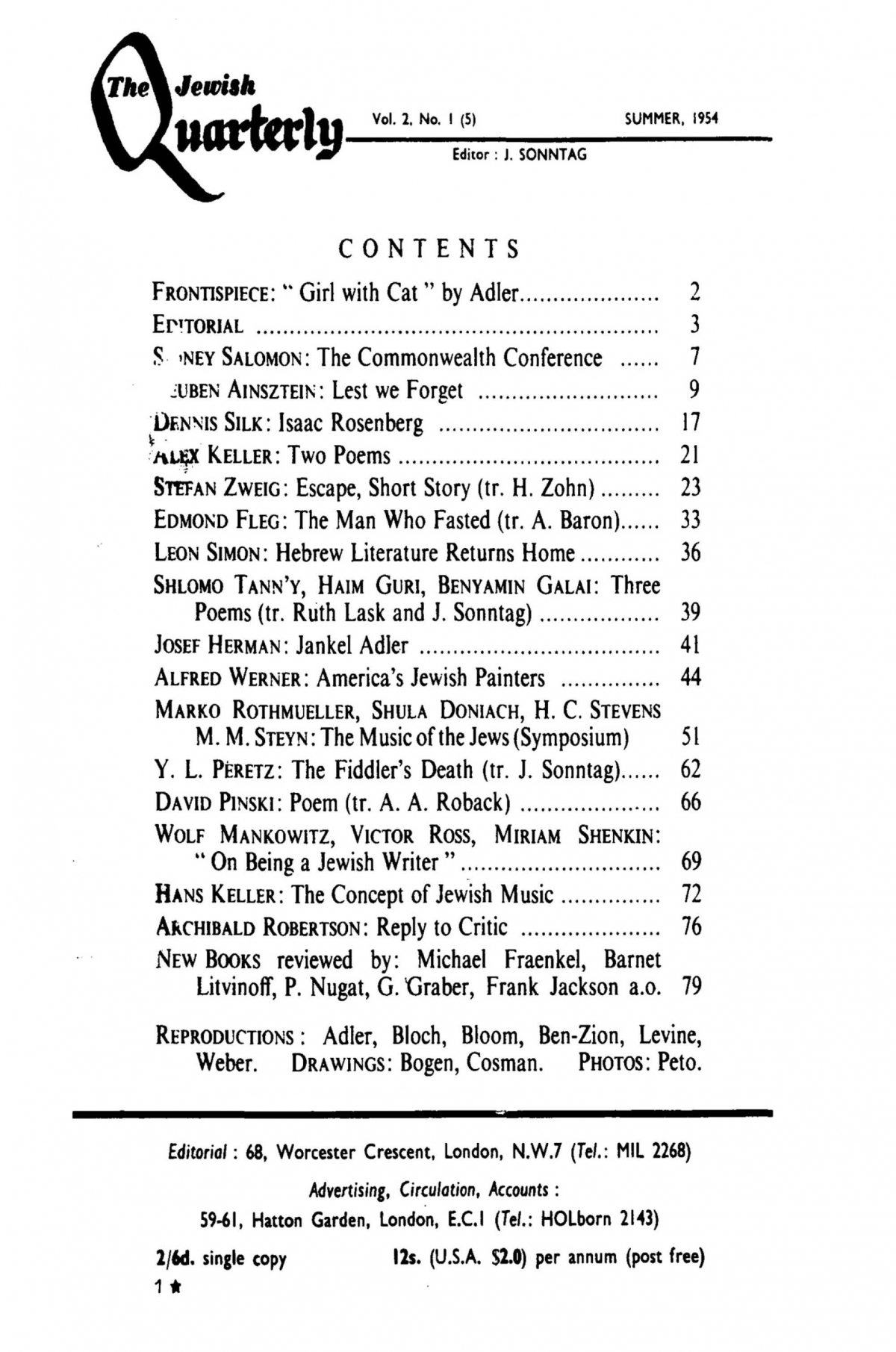Sex, money and nationality (plus politics) are amongst the few aspects of civilization for or against which man is prepared to do everything: the most moral will be prepared to kill (for the most moral reasons), and even the most intelligent will cheerfully commit their original sin, which is stupidity. During the last fifty years or so, depth-psychology has unearthed the determinants of this somewhat disquieting state of affairs: whenever primitive (infantile) complexes are excited, a terrific amount of infantile, instinctual energy is liable to break through into thought and action, giving itself a rational and/or ethical appearance in order to pass the censorship of the conscious mind. So far as national feeling is concerned, it has to be realized that national (and also, incidentally, some religious) groups tend to assume the significance of comparatively primitive family substitutes, fatherlands or mother-countries as the case may be, and our attitude towards them is determined by the unresolved family complexes of our childhood. We are all children in the face of the group, though some of us grow up behind its back, compared with individual behaviour, there is no state in this world which behaves maturely (nor, of course, do the anarchists, who have their own primitive family).
All this by way of initial insult to everyone who talks about Jewish music, including myself. The concept of “national” music is the vaguest in the critical vocabulary—an eternal example of special pleading on all sides, left, right and (all-pervadingly) wrong. Artistically, “nationality” means little except that a composer may be inspired by his national group (or, for that matter, by a potato). Many composers are inspired by the idea of love, but artistic evaluation does not therefore bother to distinguish between love- and hate-music, though there would be a psychological point to the procedure. Needless to add, good things are national characteristics of one’s own country’s music and bad things are characteristic of foreign music: for some decades now, eminent German critics have considered thick textures typically English and eminent English critics have considered thick textures typically German.
National characteristics as such don’t make a piece of music more valuable; all they can do is limit the geographical extent of its comprehensibility: Vaughan Williams is not easily exportable and E.J. Moeran, I suppose, doesn’t export at all. At the same time, many of the so-called national elements model, pentatonic and so forth, prove, upon analysis, to amount to no more than a sort of international provincialism which a nation is glad to accept from its own composers but not from the all too similar foreigner; Matyas Seiber has recently drawn attention to the fact that the Hungarian Zoltan Koddly and Vaughan Williams are both so thoroughly national that they practically sound alike, and Schoenberg, talking of “a great number of composers of various… nationalities”, has observed that “astonishingly, each considers it his national style, though different nationalities write the same. It is the true internationalism of music in our time.”
The concept of “Jewish” music is yet more complicated than that of “Hungarian” or “English” music, for the Jews are a complex group, not simply a nation. A theoretical tour de force, of course, like Rothmiiller’s in his engrossing and often penetrating Music of the Jews, can arrive at a clear idea of what “Jewish music” is, or at any rate what the author wants it to be, but only at the expense of scientific realism: he excludes composers like Mahler and Schoenberg (of whose Jewish a cappella choruses, one of them dedicated to Israel and published by Israeli Music Publications, he seems, incidentally, unaware), from the Jewish realm because their Jewish characteristics are found outside Jewry, but so are Jewish noses. As for his analysis of Jewish traits proper, I should be prepared to teach a moderately gifted Gentile musician within a week how to compose music which, by Rothmiiller’s analytical criteria, would be Jewish: it would all be a matter of naturally applying a selection of devices, such as throwing in a couple of augmented seconds between the 3rd and 4th and the 6th and 7th degree of the scale.
Scientifically (as distinct from artistically), the problem of Jewish music is of fascinating interest, and it can only be solved by an approach that is both musical and scientific. In particular, one will have to apply the findings of group psychology and go into the question of the often cheerful (as opposed to guilty) Jewish oedipus complex, which seems to endow the music of such composers as Gershwin and Oscar Strauss with a peculiarly happy kind of nostalgia: one will have to study the musical manifestations of Jewish irony which links such vastly different composers as Maller, Schoenberg and Strauss; and one will have to solve the problem of musical ta’am.
I have purposely chosen composers who are expelled from Rothmiiller’s paradise (Gershwin and Strauss are not even mentioned) in order to arrive at the victorious conclusion that I don’t know what Jewish music is. What I do know is that all available definitions are variations on one or the other kindergarten wish-fulfilment. Not that I don’t get my own infantile joys out of my superior ignorance.






